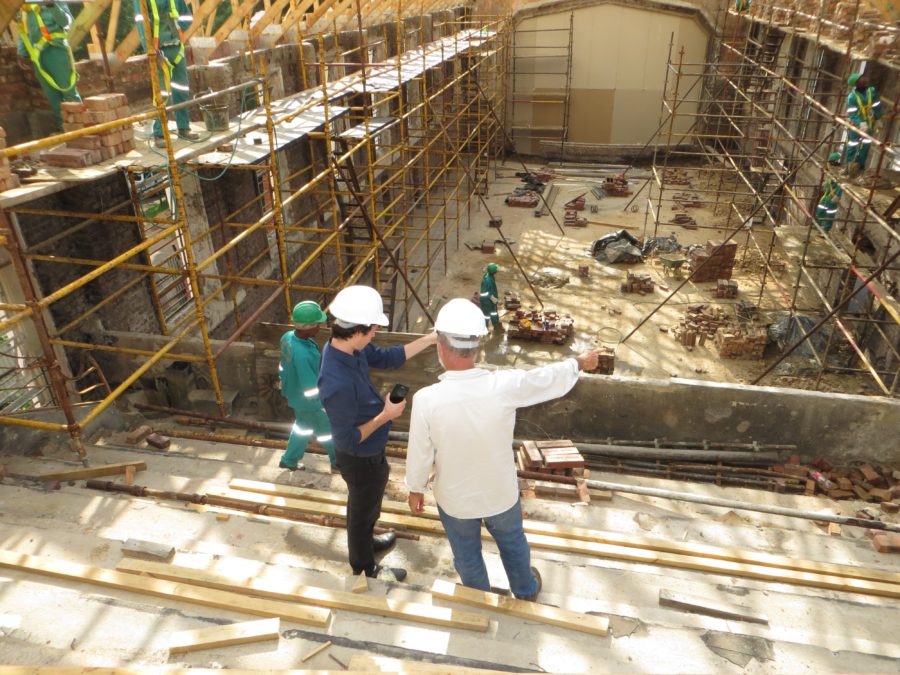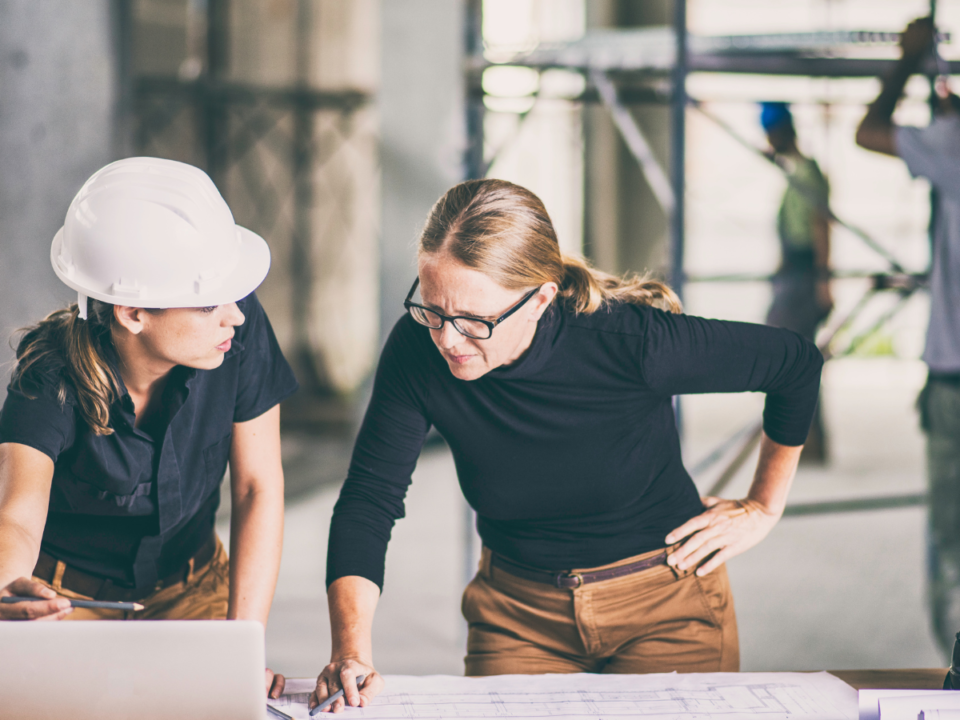Buildings have always played a vital role for humans. Since the dawn of civilisation, buildings have been used for protection and to help create small communities where people could come together. A few millennia later, and buildings are more pivotal than ever in our everyday lives.
It should not come as a surprise then that the construction industry represents 13 percent of global GDP. Imagine how much construction that translates to daily around the world. You guessed it! A lot. And since it is estimated that by 2050 more than two thirds of the human population will be living in cities, we can expect a significant increase in construction projects.
This transition needs to be as sustainable as possible if we are to meet net zero emissions by 2050. To steer the industry in the right direction, every construction project on this planet should be following certain basic green design principles.
While we aren’t there yet, there are many reasons why building green makes sense for developers and adds value to projects.
1. Incentives from banks and governments
There is a growing realisation within the investment community that business as usual simply won’t cut it anymore, and if financial institutions are to protect their returns, they will need to evaluate climate scenarios and invest in “green” projects. Numerous initiatives have come into play, from the Net Zero Owner Alliance that has a total of $2.4 trillion in investments to individual banks such as HSBC, that has committed to deploying $100 billion by 2025 in sustainable financing. Any developer looking for financing would be missing out on allocated pots of money that are being aligned to climate-friendly investments. Eventually, we will reach a point when the finance community rejects financing projects that don’t take climate into consideration.
2. Response to market demand
We only need to turn on the news to see a barrage of climate-related disasters, from floods to hurricanes to blazing fires around the world. There is a growing market demand for green solutions across society. Outside of the investment world, more and more governments are putting net zero regulations into law, consumers are looking for environmentally focused solutions while putting pressure on businesses, and even businesses themselves are developing sustainability procurement policies that limit which suppliers they can work with. The tide of climate action has started and it won’t stop. To meet the market demand, developers must start building green and providing the evidence that the buildings are indeed less harmful for the environment than previous construction projects.
3. Reduced regulatory risk
As more governments commit to net zero, building zero carbon infrastructure will become legislation. Building operations alone contribute 28 percent to global greenhouse gas emissions, and that doesn’t account for the energy that is used for the materials that go into the building. For any government to meet the net zero target, new buildings will need to be zero carbon by 2030 and the entire existing building stock will need retrofitting to meet zero carbon by 2050. That is no small task and will likely require heavy regulation to get there. Given that the life of a building is many decades, developers building now would be wise to build green in anticipation of changing regulations, or risk facing the high costs of retrofit in the near future.
4. Brand visibility
At some point, building green will become the norm and this argument may lose some of its power, but right now building green is not being done globally. Any developer that chooses to build green (and particularly undergo a green building certification process) gains a significant branding and marketing advantage. There is a lot of talk in the corporate world of taking climate action but companies that can actually prove what they are doing gain a significant advantage over their competitors.
5. Moral obligation
Everyone in business will tell you that moral obligation is a poor argument to make. It isn’t grounded in economics and it doesn’t have a direct value to developers, therefore it doesn’t convince anyone. That may be true, but we often forget that the business world is made up of humans, not just corporate machines. Choosing to do the “moral” thing when you have to worry about the bottom line is never easy, and often gets left to the wayside. But that’s why we are facing a climate crisis today. If we want to look towards a better world, then we have to start including these arguments in our daily lives and shed light on the fact that we do have a moral obligation to do better. We have an obligation to ourselves, our families, the people around us, and future generations, to do what we can.
Our motto at Sintali is simple: every single building on this planet should be green.
It is in our hands to make that vision a reality.





